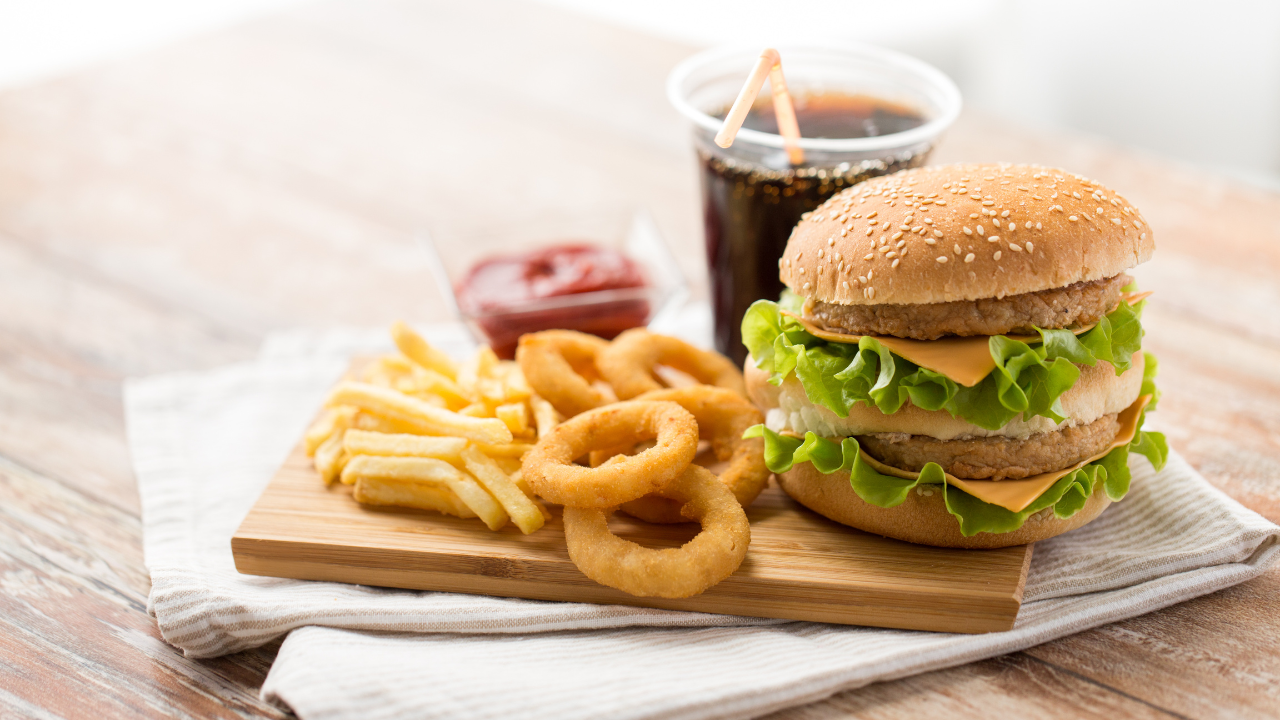What you eat really matters. While some foods can act as medicine and boost your health, others can cause irreversible damage. Certain foods have also been linked to cancer risks. A new study found that a certain diet may significantly increase the risk of lung cancer.According to a new study published in the journal BMJ, a certain diet can increase the risk of lung cancer by about 41%. Diet and lung cancer
In 2022, 2.48 million new lung cancer cases were reported, with 1.8 million deaths, and it was the leading cause of cancer deaths worldwide. While certain lifestyle factors influence the risk of lung cancer, diet has a major role. The new study has found that a higher intake of ultra-processed foods (UPF) may significantly increase the risk of lung cancer. Though further studies are required to confirm the association, the experts have suggested reducing the intake of UPFs to lessen the global burden of lung cancer.

Ultra-processed foods are linked with many chronic illnesses. These foods undergo multiple industrial processing steps, are loaded with additives, and are typically ready-to-eat or heat. To understand the link between UPFs and lung cancer, the researchers analyzed data from the US based Prostate, Lung, Colorectal and Ovarian (PLCO) Cancer Screening Trials, which involved over 155,000 participants between the ages of 55 and 74. Of those, 101,732 people completed dietary questionnaires and were included in the study. Based on their dietary habits, they were categorised as: unprocessed or minimally processed; containing processed culinary ingredients; processed; and ultra-processed. The researchers focused in particular on UPF that included sour cream, as well as cream cheese, ice cream, frozen yoghurt, fried foods, bread, baked goods, salted snacks, breakfast cereals, instant noodles, shop-bought soups and sauces, margarine, confectionery, soft drinks, sweetened fruit drinks, restaurant/shop-bought hamburgers, hot dogs, and pizza.The findings

(Pic courtesy: iStock)
The average daily UPF intake was nearly three servings per person. These were lunch meats (11%), diet or caffeinated soft drinks (just over 7%), and decaffeinated soft drinks (nearly 7%).Over an average follow-up period of 12 years, 1,706 new cases of lung cancer were diagnosed, including 1,473 cases of non-small cell lung cancer (NSCLC) and 233 cases of small cell lung cancer (SCLC). The researchers found that people who consumed the most UPFs reported a higher number of cases, and less in those who consumed less UPFs (495/25,434 vs 331/25,433).People who consumed more UPFs were 41% more likely to be diagnosed with lung cancer than those in the lowest quarter. They were 37% more likely to be diagnosed with NSCLC and 44% more likely to be diagnosed with SCLC.“Worse still, over the past two decades, the consumption of UPF has significantly increased worldwide, regardless of development or economic status. The rise in UPF consumption may have driven global increases in obesity, cardiovascular disease, metabolic disorders, cancer, and mortality, as these foods are confirmed risk factors for such conditions,” the researchers said.
“Industrial processing alters the food matrix, affecting nutrient availability and absorption, while also generating harmful contaminants,” they add, highlighting acrolein, which is found in grilled sausages and caramel sweets, and is a toxic component of cigarette smoke. Packaging materials may also have a role to play. These findings need to be confirmed by other large-scale longitudinal studies in different populations and settings. If causality is established, limiting trends of UPF intake globally could contribute to reducing the burden of lung cancer,” they added.
